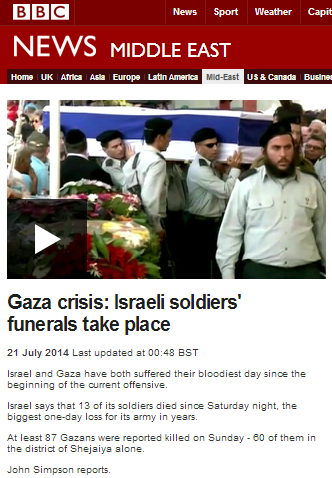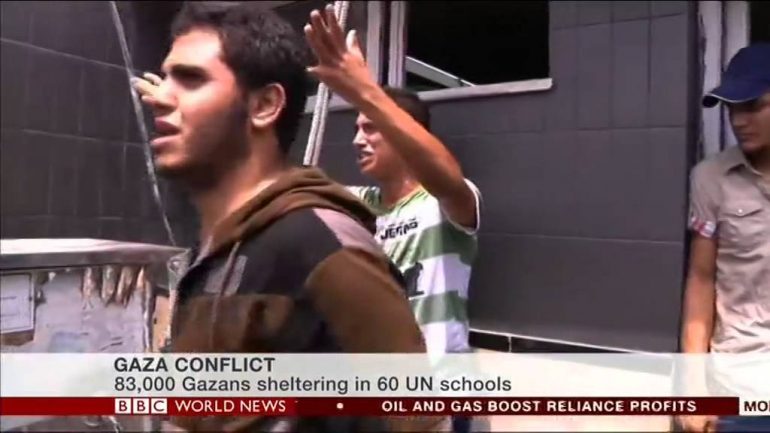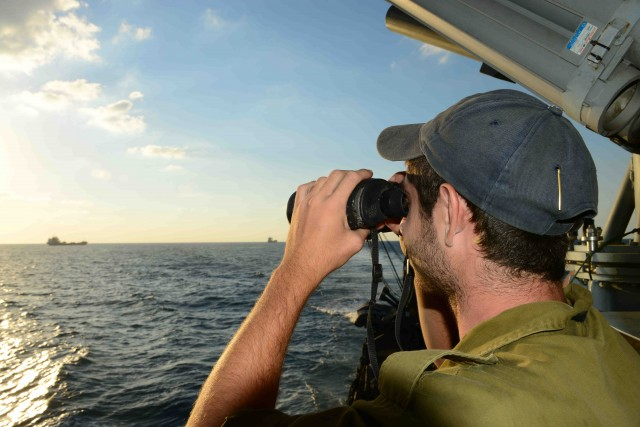They may be few and far between, but there are some bright spots among the BBC’s reporting of Operation Protective Edge.
After its initial failure to provide audiences with any sort of comprehensive background on the subject of Hamas’ cross-border attack tunnels (see here and here) and following the distinctly inadequate “Gaza ‘terror tunnels’ in 60 secs” video report, the BBC News website finally got round to publishing a proper backgrounder on the topic on July 22nd titled “Gaza: How Hamas tunnel network grew“. Television and radio audiences – the majority – are obviously in need of a similar backgrounder.
Some BBC journalists have suggested in their recent reports that the rising number of soldiers killed is changing Israeli views of Operation Protective Edge. In a filmed report from July 21st, for example, John Simpson opined:
“Israel’s losses are mounting sharply. Nothing remotely like the losses on the Palestinian side, but deeply disturbing for Israelis all the same. […]
Israel isn’t used to losing soldiers on such a scale and pictures like these are starting to have a powerful effect on public opinion.”
How Simpson reached that conclusion (or the sadly incorrect notion that “Israel isn’t used to losing soldiers on such a scale”) is unclear.
It was therefore helpful to see some properly informed analysis of the Israeli mood on the BBC News website’s Middle East page in the form of an article by Gil Hoffman titled “Why Israelis are rallying behind latest Gaza campaign“.
Among the subjects still missing from the BBC’s coverage is some in-depth coverage of the topic of Hamas’ use of human shields and the way in which that deliberate policy contributes to the high number of civilian casualties in the Gaza Strip. Without that essential knowledge, BBC audiences will still be unable to reach informed conclusions regarding this particular international issue. One attempt to shed some light on that issue was made by Barak Seener of the Royal United Services Institute in an interview with BBC World News on July 21st – with a remarkable reaction from the presenter when presented with an expert opinion (which is presumably what the BBC sought when it invited the specific interviewee) on the realities underpinning Hamas strategy.
“That is obviously a very…ah…controversial thing to say and many people will refute that the leadership of Hamas want to see their own people, supporters, women and children killed…ah…unnecessarily…”





